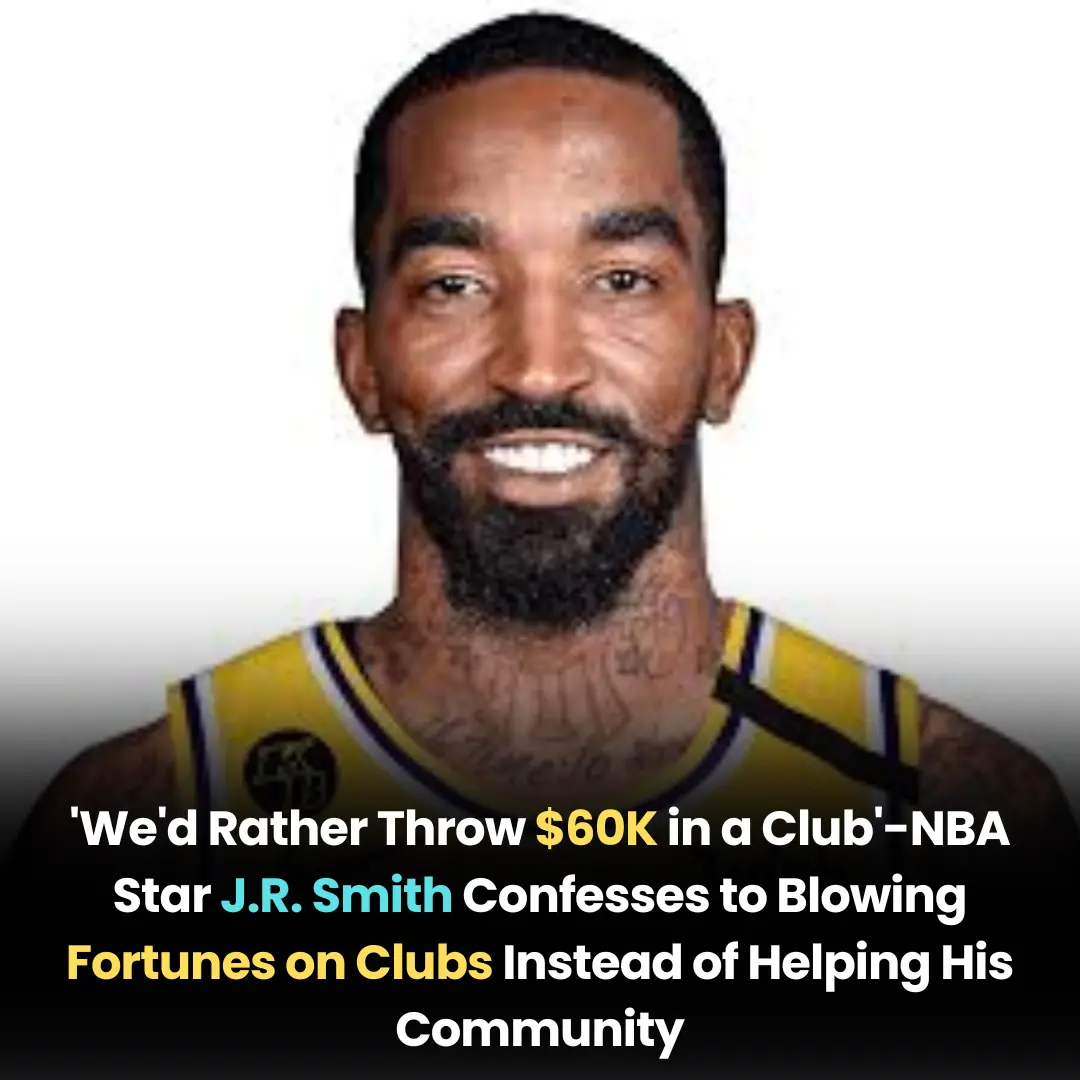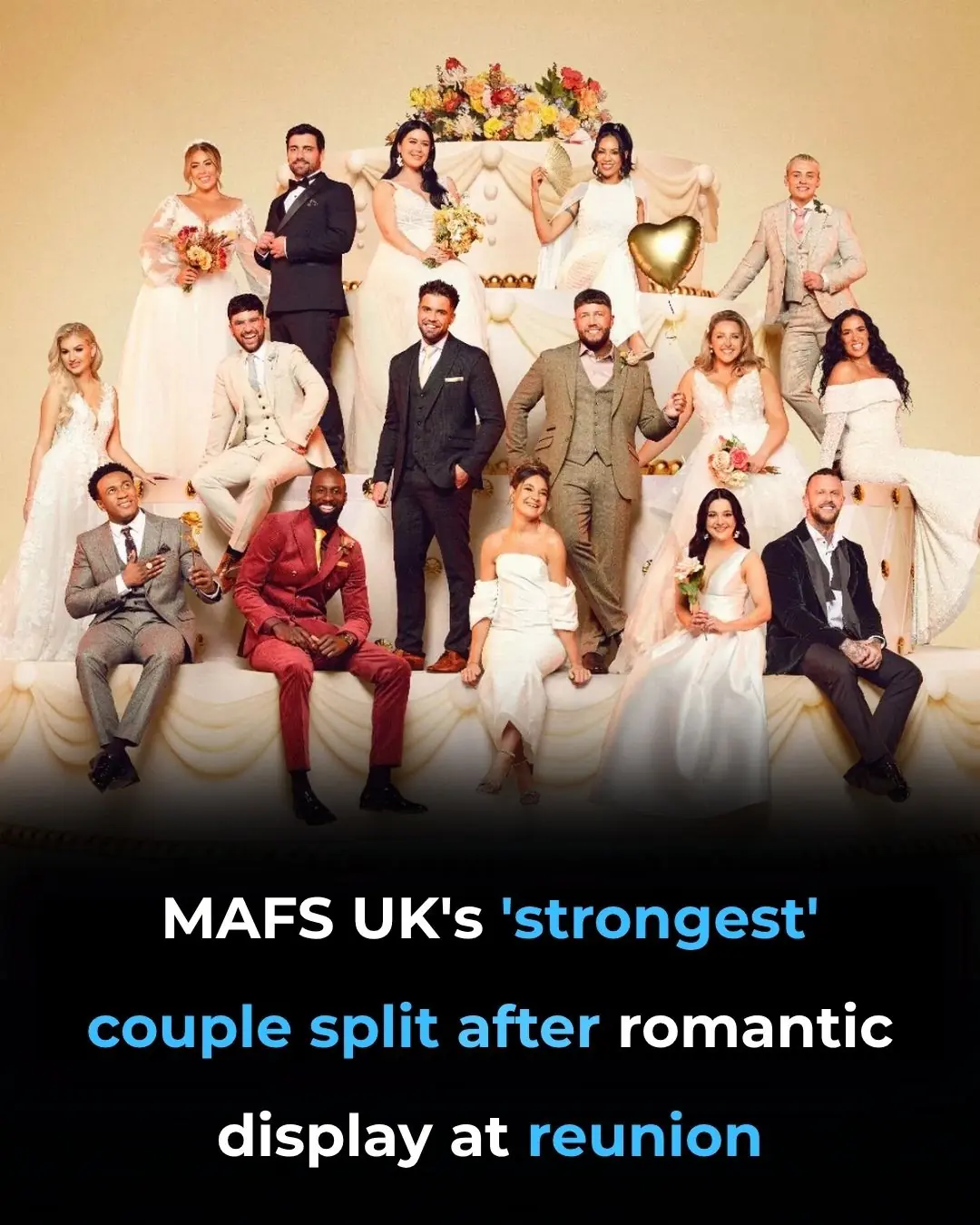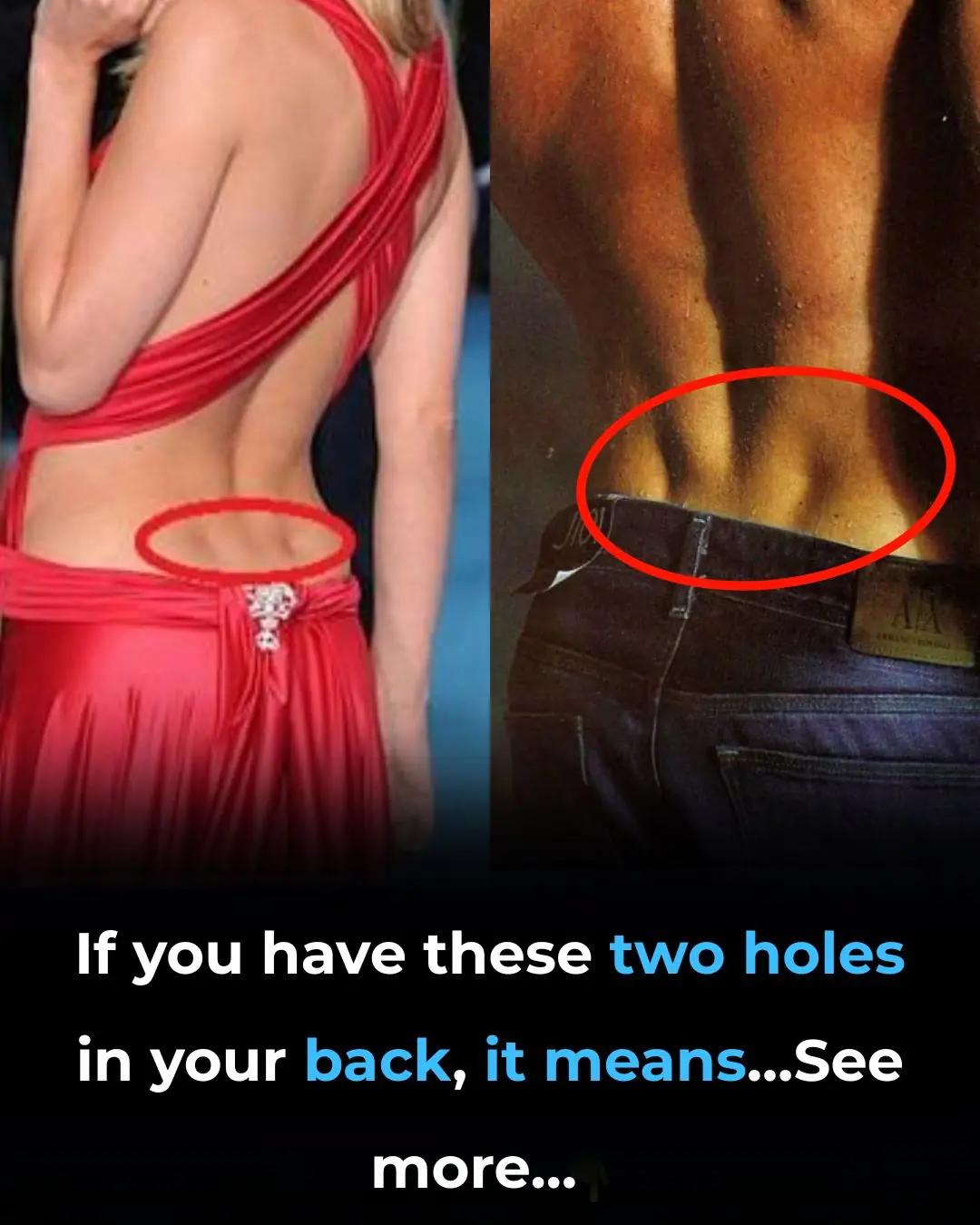
‘Doesn’t Qualify Because She’s Black’: Fans Of Angel Reese, A’ja Wilson Blast Forbes For Ranking Caitlin Clark ‘Most Powerful’ Woman Athlete In Sports
While the salaries in the WNBA remain modest—often in the hundreds of thousands of dollars—the meteoric rise of Caitlin Clark has flipped the narrative. According to Forbes, Clark is now regarded as the most powerful female athlete in the world, and she placed fourth on Forbes’ 2025 “Most Powerful Women in Sports” list.
Clark, the 2024 WNBA Rookie of the Year, is widely credited as the primary catalyst for the explosive growth seen in women’s college basketball and in the WNBA itself.
Clark’s ranking and financial figures
Although her WNBA base salary of around US$70,000 is far below her overall worth, Forbes estimates that she still earned about US$8.1 million last season, largely thanks to endorsements and business engagements.
Within the Forbes list, Clark ranked an impressive 4th overall among the “Most Powerful Women in Sports.” She ranked behind only Gayle Benson (owner of the New Orleans Saints and New Orleans Pelicans), Amy Howe (FanDuel CEO), and Amy Montagne (President of Nike). Among professional athletes on that list, only three appear in the Top 10: Clark, and two other WNBA stars — Napheesa Collier and Breanna Stewart, who tied for 9th place.
The reaction and controversy
The announcement triggered a strong reaction from fans of players such as Angel Reese and A’ja Wilson, who expressed disbelief that Reese did not make the list despite a massive social-media following and significant brand deals. Some fans argued that all the women in the Top 10 were white (Collier being biracial) and pointed to the exclusion or lower ranking of non-white athletes such as Reese or tennis star Coco Gauff.
One fan wrote:
“How is she more powerful than Jeanie Buss, Coco Gauff, Serena or even Venus lol. I could go on and on.”
And another:
“No naming of A’ja Wilson who won everything this year. Oh my bad, I forgot she doesn’t qualify because she’s black.”
Why did Clark out-rank others?
According to sources, the Forbes list emphasizes factors such as business impact, executive leadership, ownership stakes, and cultural reach more than simply athletic performance. That may help explain why Angel Reese—despite her growing brand profile—was excluded: her portfolio reportedly doesn’t yet emphasize those leadership/ownership dimensions nearly as strongly.
Meanwhile, Clark’s appeal is not only athletic but commercial. She has drawn enormous global attention, and the “Caitlin Clark effect” has helped yield record viewership, attendance, and merchandise sales in women’s basketball.
Is Clark over-hyped?
Some critics argue that Clark’s ranking is premature: she has had only around 1½ seasons in the WNBA, and while her overall off-court income and branding are immense, skeptics point out that traditional measures (championships won, longevity) are still nascent for her. Meanwhile, fans of Reese or Wilson feel their favourite players' achievements are being overshadowed. On the other hand, many others argue that Clark’s transformative impact on the sport—especially in boosting attention and commercial viability—is undeniable.
Final thoughts
Whether one believes Clark is over-hyped or not, few would dispute that her ascent marks a turning point in women’s sport. The combination of her on-court talent, brand value, social-media presence, and marketability has placed her in a rare position for a female athlete in a relatively young league. The debate around her ranking also shines a light on the evolving criteria by which power and influence in sport are judged—not just performance on the court, but visibility, cultural resonance, and business impact.
News in the same category


Reinventing the Underground: How France’s Ancient Quarries Are Cooling Modern Cities

‘We’d Rather Throw $60K in a Club’—NBA Star J.R. Smith Confesses to Blowing Fortunes on Clubs Instead of Helping His Community

How Finland Is Turning Data Centers Into City-Wide Heating Systems

Keith Olbermann suggests he dodged a bullet as he gloats over ex-girlfriend Olivia Nuzzi’s latest scandals

What Sydney Sweeney and Tom Cruise talked about during Governor Awards: lip reader

Freddie Slater’s EastEnders exit ‘revealed’ in new spoilers

Spandau Ballet star Tony Hadley admits he’s watching ex-bandmate Martin Kemp on I’m A Celebrity amid long-running rift

Inside I’m A Celebrity star Angry Ginge’s relationship with his dad – ‘massive racist’; court battles; throwing a ‘brick through the window’

BBC Strictly's La Voix forced to pull out of Blackpool week after injury

Coronation Street couple split confirmed as heartbroken Carla tells Lisa 'it's over'

Coronation Street's Tina O'Brien reveals her father has died as she says 'my heart is very heavy'

Reimagining Mall Rooftops in the Philippines: Elevated Tents Offering Safety, Dignity, and a Breath of Calm

Coronation Street's Lucy Fallon shows off huge ring as she announces engagement

MAFS UK's 'strongest' couple split after romantic display at reunion

Inside Shona McGarty’s love life – from romance with two EastEnders co-stars to failed first engagement

I’m A Celebrity star Alex Scott on her ‘violent’ upbringing and impact on relationship with girlfriend Jess Glynne

I’m A Celeb 2025 star Aitch slammed as ‘disrespectful’ after exposing ex for soiling the bed

Riot Women ending: Kitty’s double prison twist as Sally Wainwright drama concludes series one on BBC One
News Post

Ravi kidnapped by drugs boss in early EastEnders release

🦵 Swollen Legs and Feet: Causes, Symptoms & Natural Relief Methods

🌿 If You Have These Two “Dimples” on Your Lower Back, Here’s What They Mean

Reinventing the Underground: How France’s Ancient Quarries Are Cooling Modern Cities

‘We’d Rather Throw $60K in a Club’—NBA Star J.R. Smith Confesses to Blowing Fortunes on Clubs Instead of Helping His Community

How Finland Is Turning Data Centers Into City-Wide Heating Systems

How Israel Is Turning Water Pipes Into Clean Power Plants

How Wisdom Teeth Could Power the Next Generation of Regenerative Medicine

This one vitamin could help stop you from waking up to pee every night

Scientists uncover how chronic stress may starve the brain of blood flow

Keith Olbermann suggests he dodged a bullet as he gloats over ex-girlfriend Olivia Nuzzi’s latest scandals

What Sydney Sweeney and Tom Cruise talked about during Governor Awards: lip reader

Freddie Slater’s EastEnders exit ‘revealed’ in new spoilers

Spandau Ballet star Tony Hadley admits he’s watching ex-bandmate Martin Kemp on I’m A Celebrity amid long-running rift

Inside I’m A Celebrity star Angry Ginge’s relationship with his dad – ‘massive racist’; court battles; throwing a ‘brick through the window’

The Hidden Power of Common Blue Violet (Viola sororia) and Its Homemade Uses

Japan's Oldest Doctor: Can’t Sleep Through the Night? Use Garlic This Way for Deep Rest in 3 Nights

Glow From Within: Easy Morning Drink For Radiant Skin
